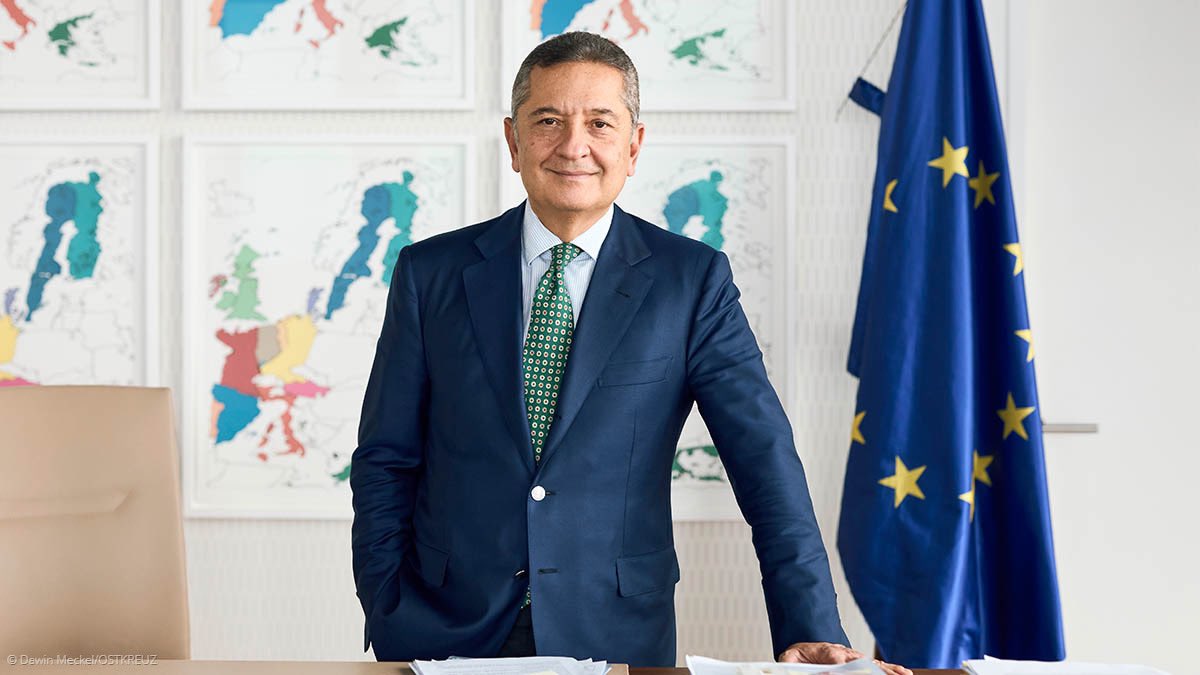[THREAD] In his speech at the #ECBForum, President Mario Draghi spoke about the past twenty years of the ECB’s monetary policy and the outlook for the future. #Euroat20 1/11 

The first decade of Monetary Union was characterised by calm macroeconomic conditions, with limited volatility and steady economic growth. The second decade, however, has seen profound shifts in the prevailing environment. Our monetary policy strategy has had to adapt. 2/11
We responded in three main ways: by clarifying the symmetry of our aim, by laying out the tools we would use to counteract downside inflation risks and by operationalising our reaction function by launching a series of new instruments. 3/11
Our capacity to react in this way was made possible by the flexibility embedded in our mandate. The recent ruling of the European Court of Justice emphasised the broad discretion of the ECB in using all our tools in a necessary and proportionate way to achieve our objective. 4/11
Just as our policy framework has evolved in the past to counter new challenges, so it can again. In the coming weeks, the Governing Council will deliberate how our instruments can be adapted commensurate to the severity of the risk to price stability. 5/11
In the absence of improvement, such that the sustained return of inflation to our aim is threatened, additional stimulus will be required. 6/11
In the current environment, what matters is that monetary policy remains committed to its objective and does not resign itself to too-low inflation. 7/11
The journey towards greater integration that started twenty years ago is far from finished. Success has been broad but uneven. 8/11
Overall, the journey of the past twenty years has strengthened the conviction of our peoples that it is only through more Europe that the implications of this integration can be managed. 9/11
For some, that trust may lie in a genuine faith in our common destiny. For others it comes from the appreciation of the greater prosperity so far achieved. For yet others that trust may be forced by the increased and unavoidable closeness of our countries. 10/11
Be that as it may, that trust it is now the bedrock upon which our leaders can and will build the next steps of our EMU. Read the full speech here ecb.europa.eu/press/key/date… 11/11
• • •
Missing some Tweet in this thread? You can try to
force a refresh








